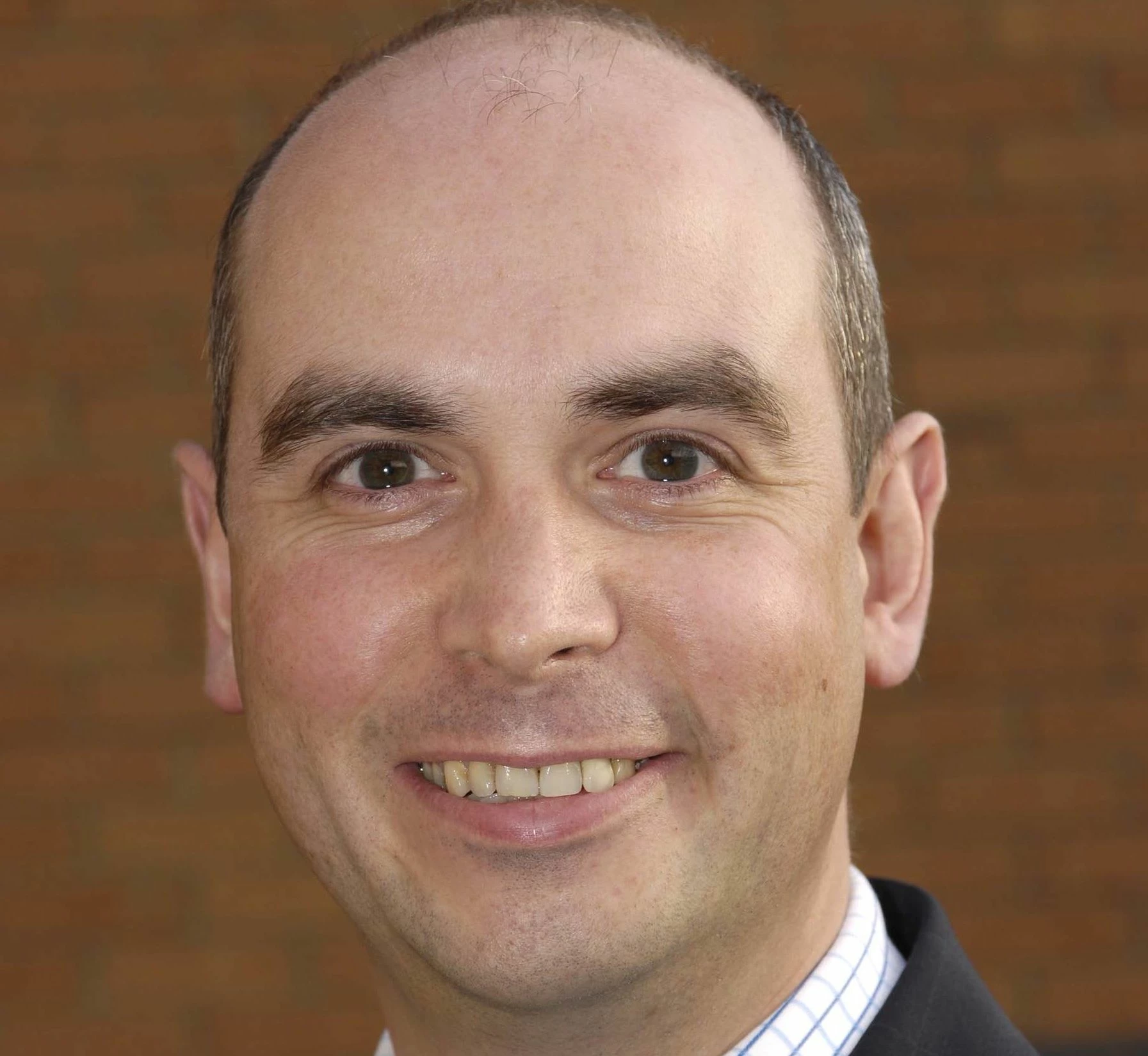
Partner Article
Robert Macleod MBE, managing director of Assessment North East, offers his thoughts on why coaching is so important in the quest for success
Not one of us can be unaware of the Olympics coming to London in 2012, and the hopeful dreams of us all for our athletes to do well and bring home a gold medal. We had a great previous Olympics in Beijing and an improved medal tally. The recent World Championships also yielded success, with a fantastic performance from Mo Farah in particular, and our Home Nations are currently going for glory in the Rugby World Cup. Together with England’s football team qualifying for next year’s World Cup, our sporting successes are numerous. Against a backdrop of recession and riots, sport has played an important role in maintaining our national pride and aspiration.
Like it or not, the professional era in sport has raised the level and standard across the board, with new world records being set and then smashed again and again. The dedication and competitiveness of the top sports people is phenomenal. In terms of their mental and physical prowess, they far exceed those who they succeed. Their technical ability, their skill is also much higher too, perhaps driven by the technology available to analyse their performance in minute detail. With any of our athletes, but also us amateurs, behind them is a person somewhere encouraging them - a coach.
My passion is golf, a sport which I enjoy for its mental challenge as well as it enduring attractiveness to just play better and be outdoors. The world of golf has been dominated over the last 10 years by one man, Tiger Woods, but others are now staking their claim as his successors – Lee Westwood, Luke Donald, Rory McIlroy, all of whose efforts are now reaping rewards in terms of world rankings and Major tournament wins. They are both physically and mentally fit, attributes which allows them to perform at the very highest level and, in the case of Woods, be arguably the best golfer we have ever seen. Yet despite the numerous successes of such sportsmen, they all still have a coach! Why? It’s simple. To continue to be the best, they all need someone to give feedback and encouragement, and help keep that motivation going even through the bad times.
A coach not only delivers ideas for improvement and offers advice when it’s needed, but they listen, empathise and, above all, encourage. We all need that encouragement from time to time, to be told we’re not ‘rubbish’, to be told we’re improving and to be told where we can improve more. In hard times, such activity can be lost due to other pressures, but it’s important - more so than ever - to maintain our confidence and morale.
So if you’re a coach, official or unofficial: be more active, and make more time to listen and help. If you don’t have a ‘coach,’ try and find someone who will be that for you. It could be a two-way thing. If you’ve never considered having coaching skills in your organisation, find out more about them, as they are a very valuable way of helping others achieve their gold. After all we’re all human and as the advert once quite rightly said ‘It’s good to talk’ - but at times it’s even better to listen.
For more information on coaching and training within your organisation visit Assessment North East’s website at www.aneltd.co.uk or contact 0191 5166464.
This was posted in Bdaily's Members' News section by Gemma Shanks .
Enjoy the read? Get Bdaily delivered.
Sign up to receive our popular morning National email for free.








 Raising the bar to boost North East growth
Raising the bar to boost North East growth
 Navigating the messy middle of business growth
Navigating the messy middle of business growth
 We must make it easier to hire young people
We must make it easier to hire young people
 Why community-based care is key to NHS' future
Why community-based care is key to NHS' future
 Culture, confidence and creativity in the North East
Culture, confidence and creativity in the North East
 Putting in the groundwork to boost skills
Putting in the groundwork to boost skills
 £100,000 milestone drives forward STEM work
£100,000 milestone drives forward STEM work
 Restoring confidence for the economic road ahead
Restoring confidence for the economic road ahead
 Ready to scale? Buy-and-build offers opportunity
Ready to scale? Buy-and-build offers opportunity
 When will our regional economy grow?
When will our regional economy grow?
 Creating a thriving North East construction sector
Creating a thriving North East construction sector
 Why investors are still backing the North East
Why investors are still backing the North East